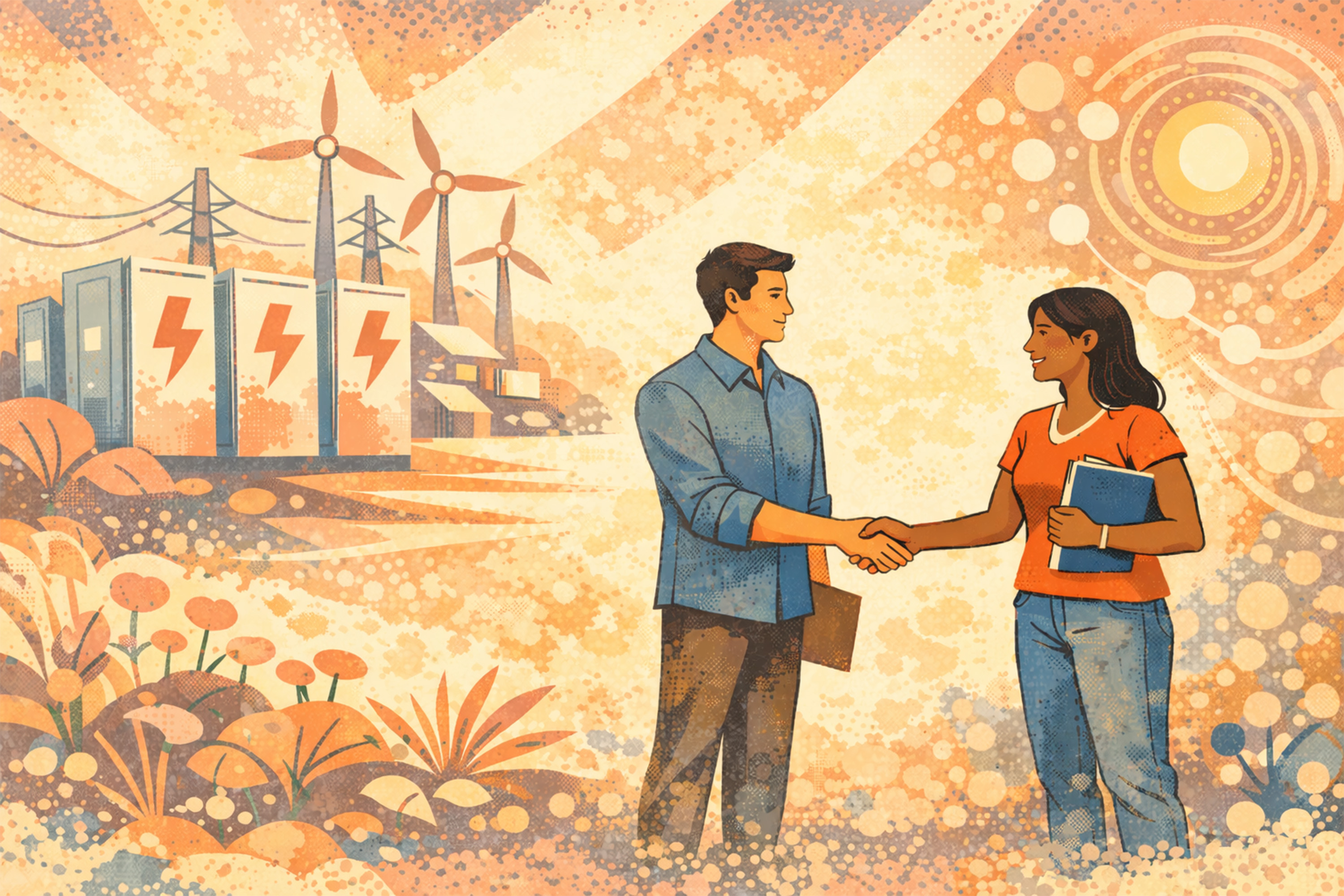
We often gauge inequality by looking at income distributions and complain about the lack of equal opportunity in society. To fight inequality, governments are in search of social measures to ease the path upwards and close the income gap. For example, better education is widely held to be the great equalizer and the best way to move up on the social ladder. Although this is presumably true, it is only half the story. Income distributions only offer a static snapshot of equality. To fully comprehend inequality, one should also look at the dynamics of the population. Equally important is the capacity of the population to constantly change positions, keep moving from time to time, including the rich and arrived (i.e. downward mobility). Mathematically, this is called the ergodicity of the system and, more intuitively, this tells us whether the rich stay rich and lock in their privileges and wealth or if one has a good chance to become rich(er), but still end up poor(er). From this point of view, Europe may be more unequal than the U.S., because, according to Nassim Taleb, Europe excels in non-ergodic systems. So, often neglected, the path to equal societies is not only to empower the lower classes, but just as much to add some skin in the game for the richest decile of the income distribution, to increase the chances some of them actually slide down the social ladder.

